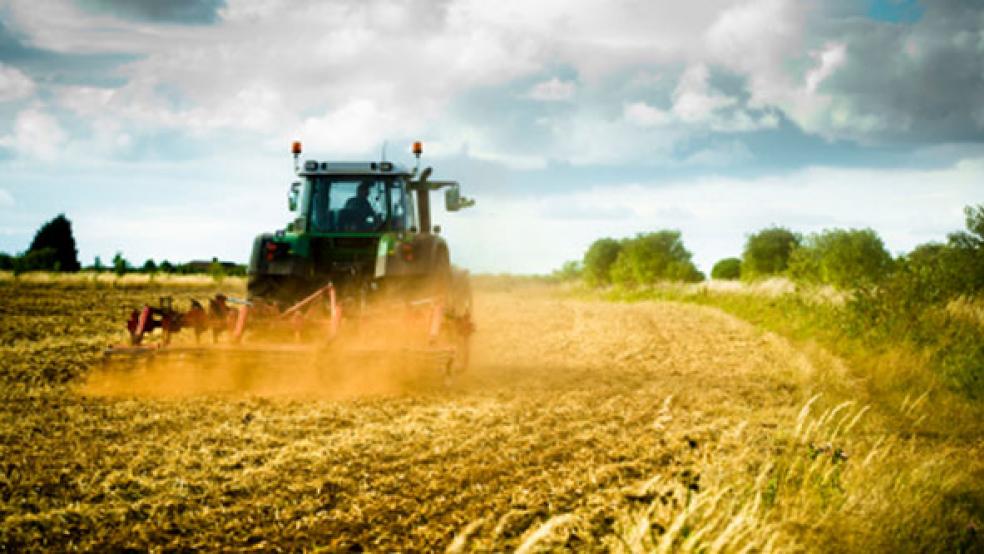The U.S. Senate gave final congressional approval on Tuesday to a farm bill, costing an estimated $956 billion over a decade, that trims food stamps for the poor, expands federal crop insurance and ends direct payments to farmers, and sent it to President Barack Obama for his expected signature.
The Senate voted 68-32, with 44 Democrats joining 22 Republicans and two independents to pass the sweeping bill, which is more than a year overdue. Congressional negotiations bogged down repeatedly on a host of issues, from the size of cuts to the food stamp program to best to provide income supports to dairy farmers.
Related: 5 Things You Need to Know About the Farm Bill Deal
"This was hard fought. It was as complex an effort as I have ever seen and I have been on the Agriculture Committee for close to 40 years," Democratic Senator Patrick Leahy of Vermont said.
Last week the House of Representatives passed the legislation by a wide margin. The White House has said Obama would sign the bill, which affects about 16 million jobs in the country's agricultural sector and can have an impact on the business landscape for major agricultural companies.
"The farm bill isn't perfect - but on the whole, it will make a positive difference not only for the rural economies that grow America's food, but for our nation," Obama said in statement.
The Congressional Budget Office says the legislation will save $16.6 billion over 10 years compared to current funding. Using a different scoring, congressional leaders put the savings at $23 billion. About $8 billion in savings over 10 years comes from cuts to the Supplemental Nutrition Assistance Program, commonly known as food stamps, which accounts for nearly 80 percent of the bill's spending. The program provides funds to about 47 million low-income people to buy food.
The food stamp cut was well below the $40 billion reduction advocated by the Republican-led House, but still double the amount originally supported by the Democratic-run Senate.
Conservative pressure groups Heritage Action and Club for Growth said the bill was too expensive and had urged a "no" vote. The groups said they would include the results in their scorecards of members' voting records for 2014.
Liberal lawmakers and advocates for the poor said the food stamp reduction was too steep at time of relatively high unemployment.
"Any funding reduction to this program ... will make it more difficult for some of the most vulnerable Americans, including seniors and low-income families with children, to afford a healthy diet," said American Heart Association CEO Nancy Brown.
The legislation ends so-called direct payment subsidies, which for years have been doled out to farmers and landowners - to the tune of some $5 billion a year - regardless of whether there is a need for support and whether they actually grew crops or raised livestock. Instead, agriculture insurance programs would be expanded to help producers manage risk. The bill also would establish permanent disaster assistance for livestock producers.
U.S. Agriculture Secretary Tom Vilsack termed the bill "important to the entire nation" and a way to cement the progress made in rural America over the past five years, during which time farm income has reached record highs. "The potential of new products, treatments and discoveries will be strengthened through new agricultural research. Renewed conservation efforts will protect our fields, forests and waters creating new tourism options," Vilsack said.




